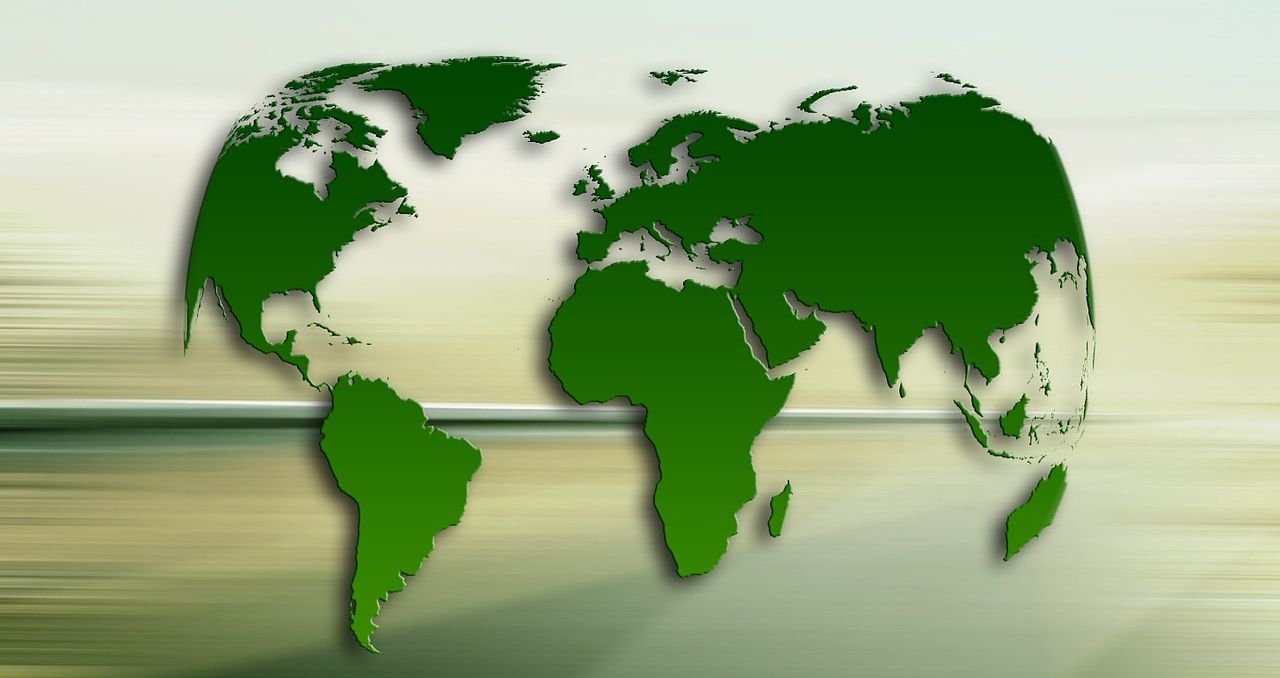
The EPFL innovation Park launched its Tech4Regeneration program to support start-ups whose solutions can have a regenerative impact if we help them bring them to market on a large scale. The first 20 start-ups have now been selected. They will spend the next 9 months taking part in the acceleration program that includes training workshops, tailored coaching and contacts with industrial partners, customers and potential investors.
Over the years, many industrial and financial companies have integrated the notion of sustainability in the core of their business model, with the large-scale adoption of environmental, social, and governmental (ESG) norms. Even if it were to become the norm, sustainability would mean achieving a status quo, which will not be enough to offset the degradation of the planet and ensure the survival of humanity as we know it today. A further step is needed, aiming at “regeneration”. This approach focuses on replacing actual economic models, which draws on natural resources to create services and consumer products all the while generating pollution and waste in important quantities. On the other hand, a regenerative economy meets the needs of people and society, while remaining within the limits of a prosperous, safe, and sustainable development for humanity.
The EPFL Innovation Park launched its visionary program Tech4Regeneration in collaboration with the companies Romande Energie and Logitech with the support of canton de Vaud, in order to promote adoption at scale of solutions which could restore the necessary conditions to life on Earth. Following the call for applications launched last December, the program Tech4Regeneration received 68 applications from 14 countries and 10 Swiss cantons. Around thirty multi-disciplinary experts assessed the applications to select the most promising innovations.
The 20 startups selected will spend the next 9 months taking part of this so-called “acceleration” program of training workshops, tailored coaching and contacts with industrial partners, customers and potential investors. They will also benefit from financial aids in the form of prizes and field tests. The aim of the program is to enable start-ups to become the new leaders in regeneration, and to pave the way for businesses of all sizes that will have no choice but to join the movement sooner or later.
Through this program, participants and partners will cooperate to develop and put together practical knowledge on implementing a regenerative economy. This first program will evolve in a “Regeneration Hub” and is part of a much bigger project of co-creation and collaboration between research institutes, start-ups, SMEs, industrial groups, and big international organisations, which will extend into the future Ecotope district of EPFL.
Startups selected for the 2024 cohort divided into three categories:
1) Circular economy – treating and recycling waste in industry, agriculture and constructionComposite Recycling, Ecublens, CH : a recycling solution for glass fibre-reinforced plastic waste.
Gaia Tech, Bern, CH: extraction from agricultural waste of natural alternatives to artificial and petroleum-based products for the cosmetics and food industries.
Grensol, Zürich, CH: process for treating plastic waste that is difficult to process, in particular to recycle the residues from vehicle carcasses and produce hydrogen, methane and solid carbon in a decarbonised way.
Hexem, Renens, CH: a wastewater treatment solution for the food and drink industry that produces biogas.Digital technologies for regenerative finance, biodiversity, agriculture and supply chains
Biomede, Lyon, FR : extraction of heavy metals from agricultural land by plants.
Inverto Earth, Bern, CH: a platform for assessing, monitoring and financing ecosystems for biodiversity conservation.
Open Forest Protocol, Zug, CH: A platform using blockchain to offer buyers of carbon credits a decentralised and transparent system for measuring, monitoring and verifying reforestation projects.
Synature, Ecublens, CH: bioacoustic assessment of biodiversity with AI processing to encourage and support conservation and reforestation initiatives over time.
Databaum, Basel, CH: artificial intelligence data analysis solution for disease forecasting and optimising agricultural treatments.
Lagrange.AI, Lausanne, CH: artificial intelligence platform to improve the efficiency, resilience and carbon footprint of supply chains.
Aquascope, Worcester, UK: a large-scale water quality monitoring solution for sustainable agriculture and finance.
Space4Good, La Haye, Hollande: a solution based on satellite data and artificial intelligence for monitoring biomass and deforestation/reforestation.
Deepeex, Lausanne, CH: sustainable electricity production from deep geothermal energy.
Emissium, Sion, CH: A platform for monitoring and optimising carbon emissions linked to electricity consumption.
Neology Hydrogen, Lutry, CH: a decentralised hydrogen production system based on "green" ammonia that is easier and cheaper to deliver to points of consumption.
Sohhytec, Lausanne, CH: Local production of renewable fuel (hydrogen + oxygen) and electricity (electricity + heat) from solar energy.
Voltiris, Lausanne, CH: solar modules, combining the use of high-tech glass for agricultural greenhouses with the production of renewable energy.
Swistor, Lausanne, CH: durable, non-toxic, ultra-fast-charging energy storage devices that combine high energy and power levels.
SolidWatts, Pully, CH: A dielectric (microwave) industrial heating process to replace older, less efficient solutions using fossil fuels.
Planeto, Genève, CH: software for designing sustainable district heating and cooling networks.























































Please login or sign up to comment.
Commenting guidelines